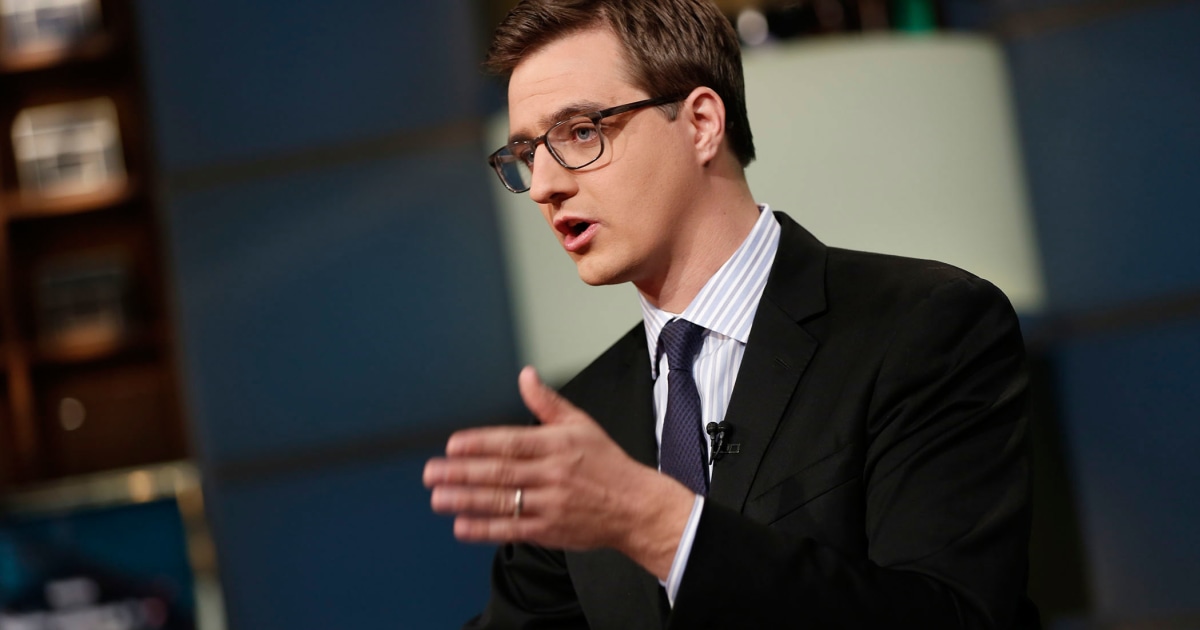Exploring the Intersection of Science Fiction and Reality with “Revolution”
In a recent and unexpected television event, MSNBC’s Chris Hayes made a noteworthy appearance on NBC’s science fiction drama, “Revolution.” This cameo not only delighted fans but also provided an interesting blend of reality and fiction that merits discussion. In my view, examining this occurrence sheds light on the vital role science fiction plays in exploring speculative technologies like nanotechnology and their potential impact on society.
The Significance of Chris Hayes’s Appearance
Chris Hayes, primarily known for his incisive political commentary, took on the role of himself in an intriguing episode of “Revolution.” This special segment aired on Wednesday at 8 PM ET, featuring Hayes in a compelling interview with Elizabeth Mitchell’s character, Dr. Rachel Matheson. The subject of their discussion? Nanotechnology, within an alternate reality where the global blackout, central to the show’s premise, never occurred. This narrative choice not only sparks interest in nanotechnology but also cleverly merges factual discourse with speculative futures. 
Nanotechnology: Fiction vs. Reality
In my professional journey, from my studies at Harvard University focusing on Artificial Intelligence and Machine Learning to running my own consulting firm, DBGM Consulting, Inc., I’ve learned the importance of bridging theoretical concepts with practical implementations. The “Revolution” episode featuring Chris Hayes touches on nanotechnology, a field that, much like my work on machine learning algorithms for self-driving robots, straddles the line between the imaginable and the achievable. Nanotechnology holds promise for revolutionizing various sectors, offering solutions from medical advancements to enhancing energy efficiency. This episode invites viewers to ponder the applications and implications of such technologies in our real world. 
Why This Matters
Science fiction often serves as a mirror, reflecting our aspirations and fears about the future of technology. “Revolution,” through its exploration of themes like nanotechnology, prompts discussions on how these advancements could shape our lives. As someone who has traversed the globe, capturing its myriad facets through my lens at Stony Studio and marveling at the stars with my amateur astronomer friends in upstate New York, I’ve come to appreciate the vast potential of human innovation and the importance of considering its broader implications. Hayes’s appearance on the show underscores the value of engaging with speculative futures through the lens of current understanding and debates.
Conclusion: The Fusion of Science Fiction and Dialogue
Chris Hayes’s guest spot on “Revolution” is more than a mere television gimmick. It represents a thoughtful and engaging intersection of journalistic inquiry and speculative storytelling. This episode encourages us not only to dream about future possibilities but also to critically assess the pathways towards realizing those dreams. As someone deeply invested in the development and ethical deployment of technologies, be it AI or cloud solutions, I am reminded of the importance of fostering discussions that bridge the gap between what is and what could be.
In a world where the lines between science fiction and reality are increasingly blurred, conversations sparked by shows like “Revolution” are indispensable. They challenge us to think critically, dream innovatively, and act responsibly as we navigate toward the future.
Focus Keyphrase: Science Fiction and Reality